
Stereotypes and Misconceptions about the Middle East - The Reading List
The perception of the Middle East is riddled with stereotypes that have had dire consequences on its people. What is myth and what is reality? How did these stereotypes come about? What consequences have they had? All of these questions and more are answered within this reading list.
While this list is not comprehensive, it is a great starting point to examine this issue up close and engage in the discourse. It explores the relationship between the West and the Middle East, and delves into the role of mass media in perpetuating stereotypes. It also offers a different way of looking at the Middle East and an appropriate understanding of the diversity of its societies, cultures, and politics.
All books in this list are part of Leiden University Libraries' (UBL) collections. Borrow your book by following a link below a book title, or search for sources via our Catalogue.

Orientalism - Edward Said
1978
Said's seminal work explores the Western construction of the "Orient" as a homogeneous and exotic "other," perpetuating stereotypes and serving colonial interests in the Middle East and beyond.

The Middle East and the Making of the Modern World - Schayegh Cyrus
2017
A comprehensive examination of the Middle East's profound impact on global history and modernity. Through meticulous research and analysis, Schayegh explores how the region's diverse societies, cultures, and interactions have shaped key developments and transformations in the modern world.
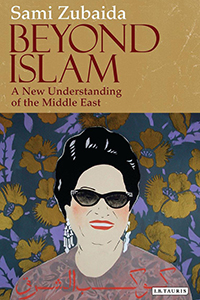
Beyond Islam: a new understanding of the Middle East - Sami Zubaida
2010
Zubaida offers a fresh perspective on the Middle East by exploring the region's diverse social, cultural, and political dimensions beyond the confines of religion. Through nuanced analysis, Zubaida challenges essentialist views and highlights the complexities of identity, power dynamics, and historical developments shaping the modern Middle East.

The New Middle East: What Everyone Needs to Know - James L. Gelvin
2017
Gelvin offers an accessible overview of the modern history and geopolitics of the Middle East, covering key events, conflicts, and actors shaping the region's trajectory.
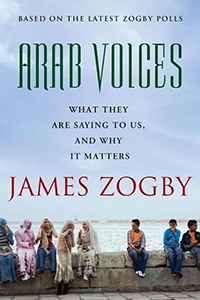
Arab Voices: What They Are Saying to Us, and Why It Matters - James Zogby
2010
Zogby's book examines Arab public opinion and its implications for U.S. policy in the Middle East, highlighting the importance of understanding local perspectives and challenging stereotypes.
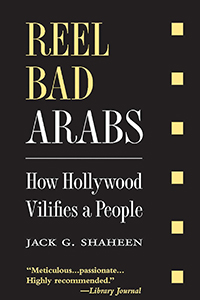
Reel Bad Arabs: How Hollywood Vilifies a People - Jack G. Shaheen
2012
Shaheen analyzes the portrayal of Arabs and Muslims in Western media, exposing the stereotypes and misconceptions perpetuated by Hollywood.
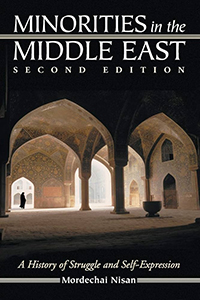
Minorities in the Middle East: A History of Struggle and Self-Expression - Mordechai Nisan
2002
Nisan provides an overview of minority communities in the Middle East, exploring their historical experiences, cultural contributions, and struggles for recognition and rights.
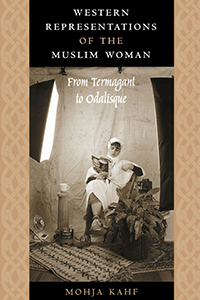
Western Representations of the Muslim Woman: From Termagant to Odalisque - Mohja Kahf
1999
Kahf analyzes Western depictions of Muslim women throughout history, tracing the evolution of stereotypes and challenging monolithic portrayals of gender in the Middle East.
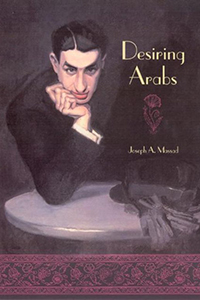
Desiring Arabs - Joseph A. Massad
2007
Massad examines how Western representations of Arab sexuality and desire have contributed to the exoticization and objectification of Arab people, perpetuating stereotypes and misconceptions.
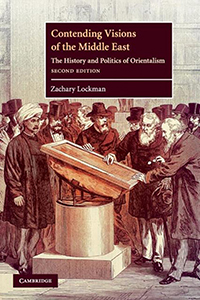
Contending visions of the Middle East: the history and politics of Orientalism - Zachary Lochman
2004
Lochman critically examines the historical development and contemporary impact of Orientalist perspectives on the Middle East, highlighting the diversity of interpretations and power dynamics within Western representations of the region. Through an exploration of key themes and debates, Lockman offers insights into the complexities of Orientalism and its implications for understanding Middle Eastern societies and cultures.
Contact
Is a book missing on this list, or would you like UBL to acquire a book about stereotypes of the Middle East that is not yet present in our collections? Contact us via Ask a Librarian, or leave a comment or message via Twitter (x), Facebook or Instagram.
